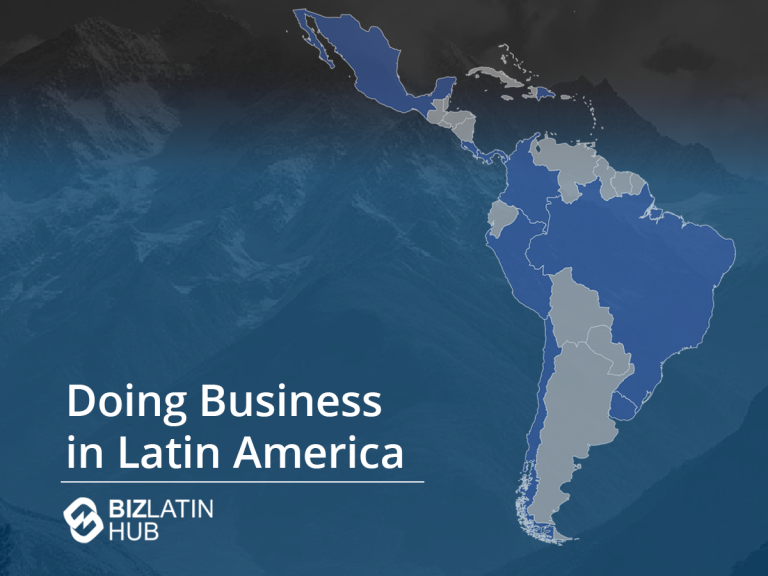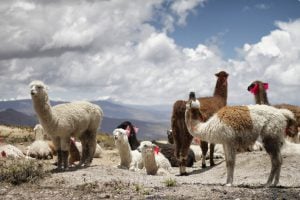Latin America has been a growing region for many years, but often bedevilled by a lack of international co operation and highly bureaucratic and protectionist policies in many nations. However, this is all starting to change, with groups like the over 50-year old Andean Community of Nations now taking steps to integrate further and attempt to build stronger bridges between members.
Such moves are not only beneficial to local populations, but also to businesses operating in any of the Andean Community of Nations’ member countries, with integration easing cross-border commerce and operations, as well as facilitating international expansion and company formation within the region.
If you are interested in doing business in the Andean Community of Nations, or are already active there, contact us today to find out more about how we can support you with integrated back-office services. We operate in all four countries as well as former member Chile and more than 20 other countries in Latin America and the Caribbean.
What is the Andean Community of Nations?
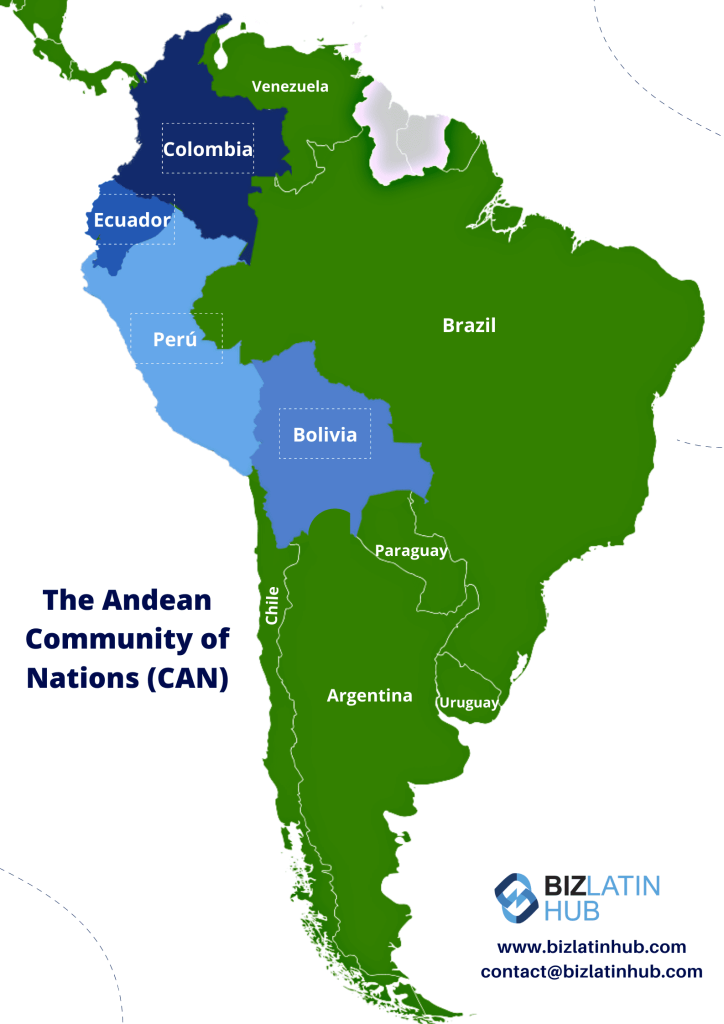
The Andean Community of Nations (CAN) is a regional association that includes Bolivia, Colombia, Ecuador, and Peru that is seeking to deepen integration between members.
Established in 1969 with the goal of implementing a common market based on the European model, the Andean Community aims to bring the economies and populations of its member states closer together.
Chile and Venezuela have each previously been members of CAN, however Chile was excluded three years after the coup in 1973.
Today, Colombia and Peru are associated with Chile via the Pacific Alliance — a decade-old association that also includes Mexico — while Bolivia and Ecuador each have preferential trade agreements in place with the Southern Cone nation.
Meanwhile, Venezuela joined the Andean Community of Nations the same year as the coup in Chile, before leaving in 2006 to join Mercosur — from which it has since been suspended.
While the Andean Community is more than fifty years old, it has recently implemented a number of measures to deepen integration between its members.
3 ways the Andean Community has become more integrated
Recently, a number of measures have been implemented to deepen integration in the Andean Community of Nations, including:
- Increased freedom of movement
In 2021, the Andean Community introduced a new freedom of movement statute — known officially as ‘Decision 878.’ That was declared an “historical landmark” by CAN Secretary General Jorge Hernando Pedraza, despite representing just the latest move to improve mobility among the more than 110 million people living in the four member nations.
Those moves have included the establishment of the Andean Passport — allowing CAN member nation citizens to travel within the region using only their national ID cards.
Decision 878, however, represented the most significant move to free movement to date, providing citizens of any member nation with the opportunity to enter any of the others as a tourist for up to 180 days per year without the need for a visa.
It also provides easier routes to temporary and permanent residency, allowing workers to move between member nations for employment, based on them being able to demonstrate a job or other means to support themselves.
- Regional intellectual property protection
Also in 2021, the Andean Community announced the launch of an intellectual property (IP) database allowing searches of trademarks and brands registered across the four-country sub-region.
Known as ‘CAN TMview’ the database forms part of a European Union-led initiative known as IP Key Latin America, that is intended to develop more stringent IP protection across the region.
Ultimately, IP from all four nations will be easily searchable, with those leading the project highlighting how it is a key part of regional cohesion, as well as encouraging foreign direct investment (FDI), especially from small- and medium- sized enterprises based in the likes of the European Union (EU).
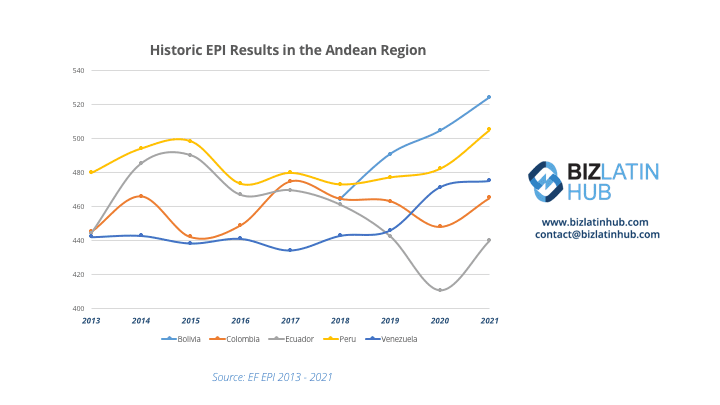
- Mobile roaming charges eliminated
Another big change was that for people moving between the four member states of the Andean Community, mobile roaming charges would be eliminated — echoing a similar measure introduced in the EU a decade ago.
The elimination of roaming charges among CAN countries came into force on 1 January 2022, having originally been agreed as part of Decision 854 in January 2020.
The elimination of roaming charges is overseen by the Andean Committee of Telecommunications Authorities (CAATEL), but only applies to phones used under contract, not pre-paid phones.
Following the recent announcement that CAATEL had approved the implementation of the measure, it was widely celebrated as a major step towards digital integration that would “reinforce Andean identity.”
What does CAN integration mean for doing business?
Deepening integration in the Andean Community is not only good for its people, but also for businesses operating within the sub-region.
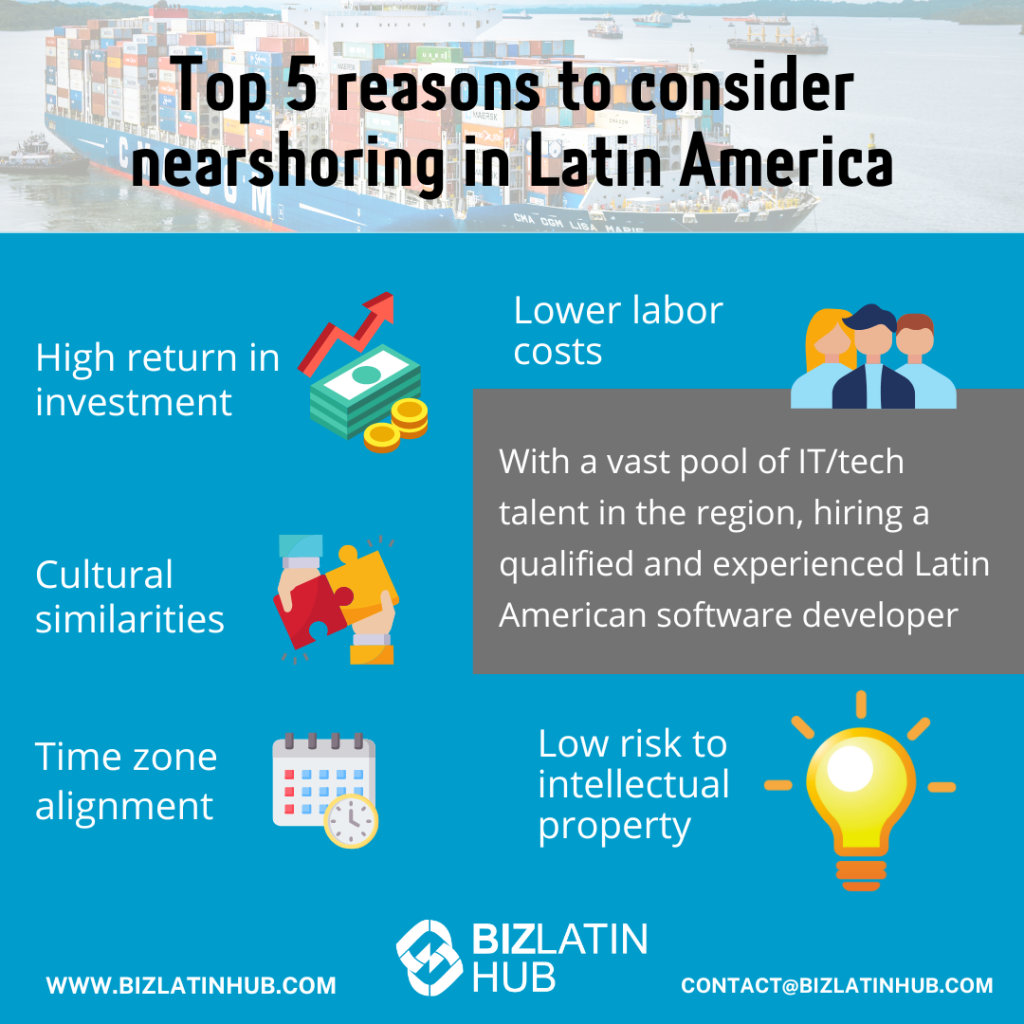
Not only does improved mobility offer workers the opportunity to seek out opportunities in other member states, but it also allows companies operating in the sub-region to more easily move talent around the region.
That has been a boon for businesses operating in the EU, and should likewise bring dividends to companies operating in the Andean Community.
It will also serve to encourage more investors to look to the region, as well as to encourage companies operating in one member state to give greater consideration to the others when it comes to expanding into a new market.
That will only be bolstered by moves to standardize and draw together IP claims from around the region, with an obvious future step to be to establish IP claims that are enforced throughout the four countries.
With the elimination of mobile roaming charges also easing cross-border travel. ongoing efforts to deepen integration in the Andean Community of Nations will only serve to encourage more businesses to look to the bloc.
While the dividends will arguably be felt by all, it should be particularly beneficial to Bolivia and Ecuador, given that Colombia and Peru are already two of the most popular destinations in the region for investors.
Biz Latin Hub can assist you anywhere in the Andean Community of Nations
At Biz Latin Hub, we have offices in Bolivia, Colombia, Ecuador, and Peru, meaning that we are ideally placed to assist you doing business in and expanding within the Andean Community of Nations.
Our comprehensive portfolio of back-office services includes company formation, accounting & taxation, legal services, visa processing, and hiring & PEO, and can provide tailored packages of integrated services to suit every need.
With teams in place in 16 markets around Latin America and the Caribbean, we specialise in multi-jurisdiction market entry and operations throughout the region.
Contact us today to find out more about how we can support you doing business in the Andean Community.
You can also read about our team and expert authors.

